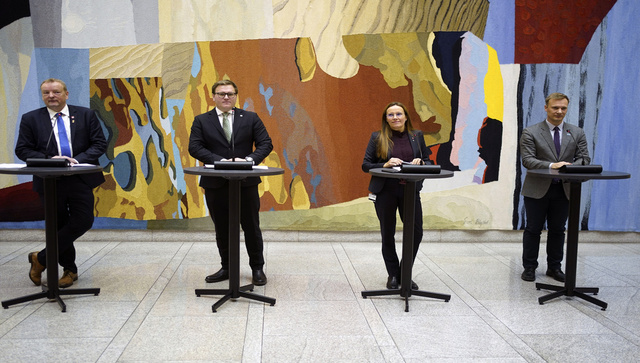Norway’s government announced on Tuesday an agreement with the opposition parties to permit mining in parts of its seabed, a move that has triggered backlash from environmentalists. As a significant oil and gas producer, Norway aims to explore the ocean floor for minerals crucial for renewable energy technologies, a controversial practice due to its potential impact on marine ecosystems. Marianne Sivertsen Naess, a member of the Labour party, emphasised the need for minerals to support the green transition, including fuel cells, solar panels, electric cars, and mobile phones, during a press conference, reported AFP. Norway, she stated, could contribute to a more secure supply of these minerals without complete dependence on other nations. In June, the Labour-dominated coalition government proposed seabed mining, potentially containing substantial quantities of copper, cobalt, zinc, and rare earths. However, lacking a majority in parliament, the government sought support from opposition parties. On Tuesday, the Conservative Party and the populist right agreed to endorse the gradual opening of areas in the Greenland and Barents Seas in the Arctic. The government pledged to implement strict environmental safeguards, with conservative MP Bard Ludvig Thorheim stating that exploitation would only be authorised if studies demonstrate sustainable and reasonable methods. Despite these assurances, the agreement has drawn criticism from environmental groups. Concerns raised by NGOs and scientists include potential damage to habitats, harm to little-understood species crucial to the food chain, disruption of the ocean’s carbon absorption capacity, and noise disturbance affecting species like whales. Notably, several countries, including France and the UK, have called for a moratorium on deep-sea mining. With inputs from AFP
Norway parliament agrees to open Arctic Ocean to seabed mining
FP Staff
• December 5, 2023, 20:22:57 IST
As a significant oil and gas producer, Norway aims to explore the ocean floor for minerals crucial for renewable energy technologies, a controversial practice due to its potential impact on marine ecosystems
Advertisement
)
End of Article